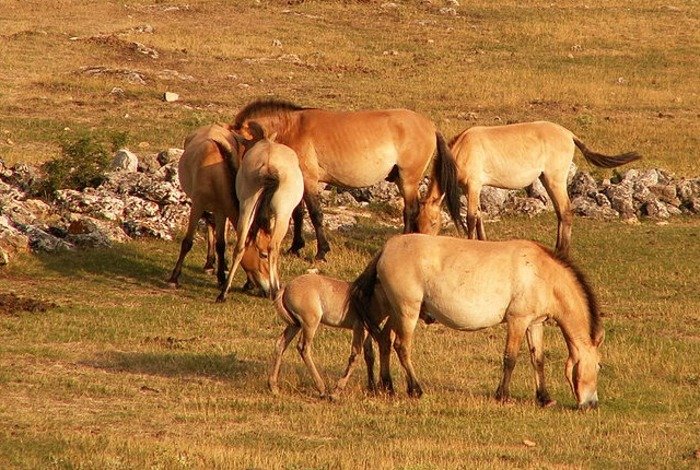COPENHAGEN, Denmark, June 26 (UPI) -- The oldest genome sequence recovered from an ancient horse bone suggests equine origins 2 million years earlier than previously thought, Danish researchers say.
Biologist Ludovic Orlando of the University of Copenhagen, with colleague Eske Willerslev, reporting on their research in the journal Nature, say the findings suggest the ancient ancestor of the modern Equus genus, which includes horses, donkeys and zebras, branched off from other animal lines about 4 million years ago.















